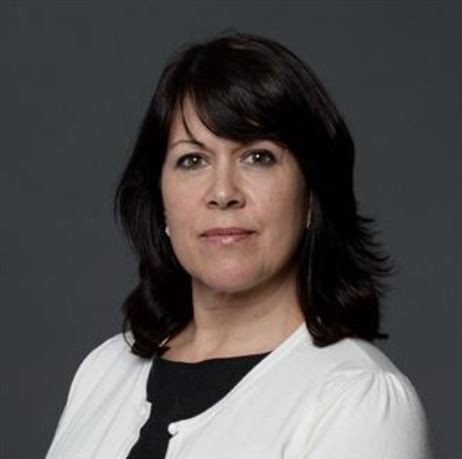UK Club issues crew health advice on haemorrhoids

Sophia Bullard, Crew Health Director at UK P&I Club, discusses haemorrhoids, its impact on crew and the effect on seafarer repatriation and claims:
“Haemorrhoids, or piles, which are abnormally enlarged veins in the walls of the rectum and anus, have been identified as a cause of seafarer repatriation across various studies, and the UK Club continues to see claims as a result of this illness.
“Internal haemorrhoids are situated on the bowel side of the sphincter muscle and appear only when straining to empty the bowels. External haemorrhoids are found in the region of the sphincter muscles and can normally be seen protruding from the anus as purple bulges. In many cases, haemorrhoids do not cause symptoms, and some people may not even realise they have them. When symptoms do occur, they can include:
· bleeding after passing a stool
· itching around the anus
· a lump hanging down outside of the anus, after passing a stool
· a mucus discharge after passing a stool
· pain, soreness, redness or swelling around the anus
What causes haemorrhoids?
“Haemorrhoids are associated with increased pressure in the blood vessels in and around the anus. Many cases are thought to be caused by too much straining on the toilet, due to prolonged constipation. Other factors that might increase the risk of developing haemorrhoids include:
· being overweight or obese
· being pregnant
· having a family history of haemorrhoids
· regularly lifting heavy objects
· a persistent cough or repeated vomiting
· sitting down for long periods
Prevention and treatment
“Lifestyle changes can reduce the risk of haemorrhoids returning, or even developing in the first place. These include increasing the amount of fibre in the diet, drinking plenty of fluids, cutting down on caffeine and alcohol, keeping the anus clean and dry, and exercising regularly.”
“Treatment creams can be applied directly or tablets bought from a pharmacy or prescribed by a doctor may ease the symptoms. Additionally, using cold packs on the affected area can ease discomfort. For more severe haemorrhoids, common hospital treatments include the following:
· rubber band ligation, when a band is placed around the piles to make them drop off
· sclerotherapy: a liquid is injected into the piles to make them shrink
· electrotherapy: a gentle electric current is applied to the piles to make them shrink
· infrared coagulation: an infrared light is used to cut the blood supply to the piles to make them shrink
“If these treatments do not work, surgery may be required under general anaesthetic to remove or shrink large or external haemorrhoids. Taking steps to prevent and treat minor injuries, such as piles before they become major is extremely important to the long-term health and welfare of crew, and can mitigate the risk of crew repatriation and potentially costly claims for shipowners.”
For the full advice* on haemorrhoids, please visit: https://www.ukpandi.com/-/media/files/uk-p-and-i-club/loss-prevention/crew-health-marketing/crew-health-advice—haemorrhoids.pdf





